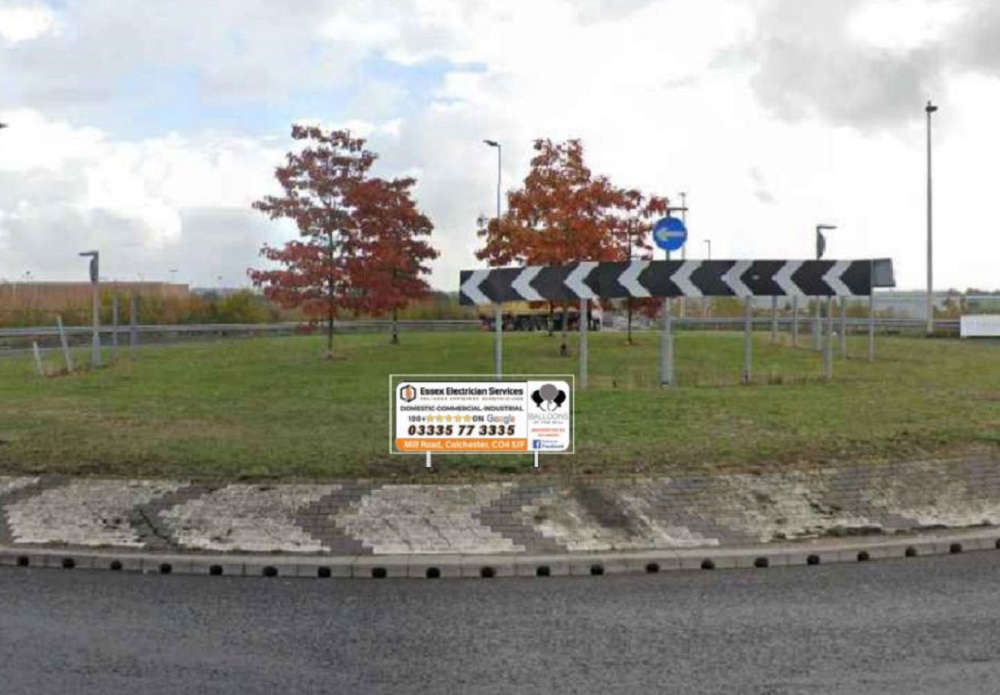

How much are France’s striking energy workers costing the government?
Posted: Tuesday, May 9th, 2023

In "a beautiful image" amid the power struggle, French electricians are cutting power to the rich and giving it to the poor, Euronews.green reported. The production and distribution of energy are critical to the functioning of society. This means that striking energy workers can exercise a lot of leverage and put pressure on governments or their employers to negotiate, particularly if they are willing to resort to spikier, more creative tactics. French workers are currently doing just that in the ongoing dispute over pension reform which is entering its fourth month. Industrial action is heating up as a result of the government’s decision to raise the pension age as planned without a vote in parliament. Energy workers - from the operators of nuclear plants, to electricians maintaining the grid and employees at oil refineries - have been on the frontlines of some of the most combative aspects of the dispute. They have been deploying militant tactics against the government, with the government playing hardball in return. France’s electricity mix is dominated by nuclear power. According to the latest International Energy Agency review, nuclear accounts for around 71 per cent of the nation’s electricity production. Hydroelectric power contributes 10 per cent, while a mix of thermal and other sources make up the rest. This means that when the workers in France’s nuclear power stations go on strike they can have a significant impact on the nation’s economy by cutting the production of electricity. In the energy sector, workers have to give a 48 hour warning before striking so that critical infrastructure can be maintained. Fabrice Coudour, Federal Secretary of the CGT union for Mines and Energy, says that workers “have mastered the tools of their work” so are deciding to call their strikes ahead of times that cause maximum disruption to the process of running a power station. According to an EDF spokesperson, RTE, the body responsible for balancing energy supply and demand, needs to import electricity if production falls too low. Coudour explains this is one of the principal ways that workers in nuclear power stations can exercise leverage.
Trending Stories
-
 Essex electrician has roundabout signs rejected
Essex electrician has roundabout signs rejected
A sparkie’s bid to sponsor signs on two roundabouts has been refused by planning chiefs who described them as “clutter”
-
 Barbie caused a ‘worldwide’ shortage of pink paint
Barbie caused a ‘worldwide’ shortage of pink paint
Barbie needed so much fluorescent pink paint that it caused a worldwide supply shortage for an entire company
-
 Builders find body of man murdered in the 1960s and buried in back garden
Builders find body of man murdered in the 1960s and buried in back garden
A woman who bought a South London house was left horrified after builders discovered the body of a man murdered in the 1960s and buried in her garden 14 months after she moved in
-
 'Government insulation scheme ruined my home'
'Government insulation scheme ruined my home'
A home-owner said his flat has been ruined by black mould caused by a government "green" insulation schem
-
 Builder celebrates lottery win by buying his coworkers bacon butties
Builder celebrates lottery win by buying his coworkers bacon butties
A builder from Milford Haven who won big on the lottery celebrated his victory by treating all his workmates to a round of bacon rolls
Comments
Add a comment